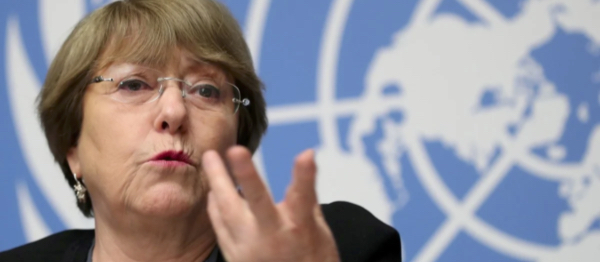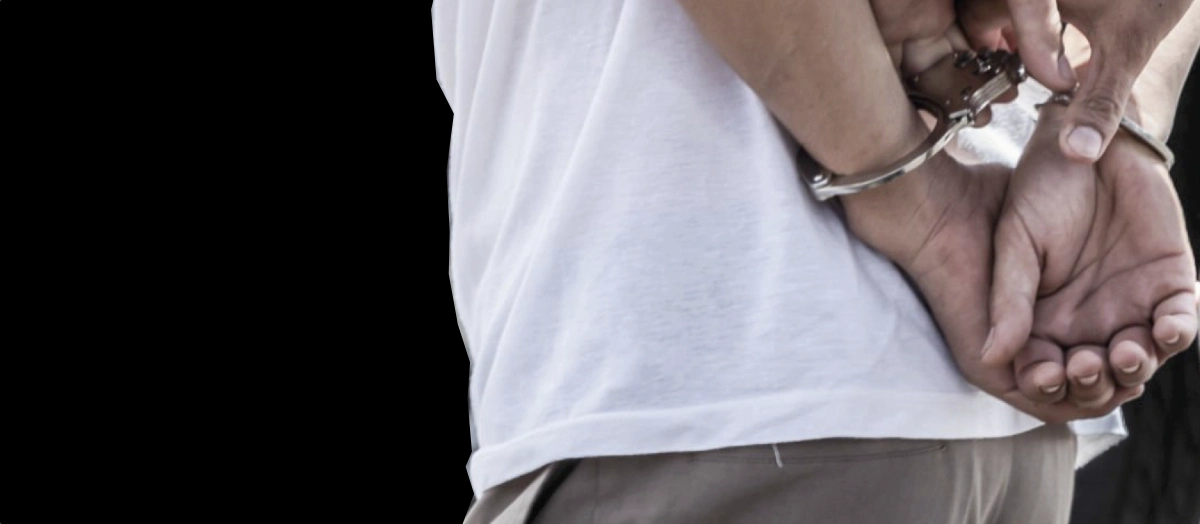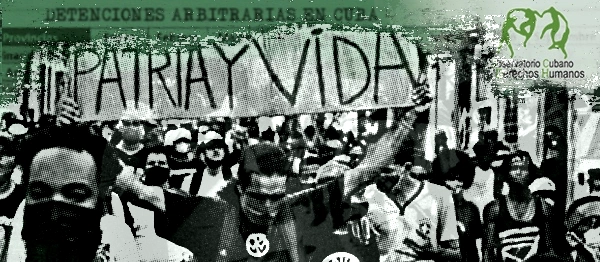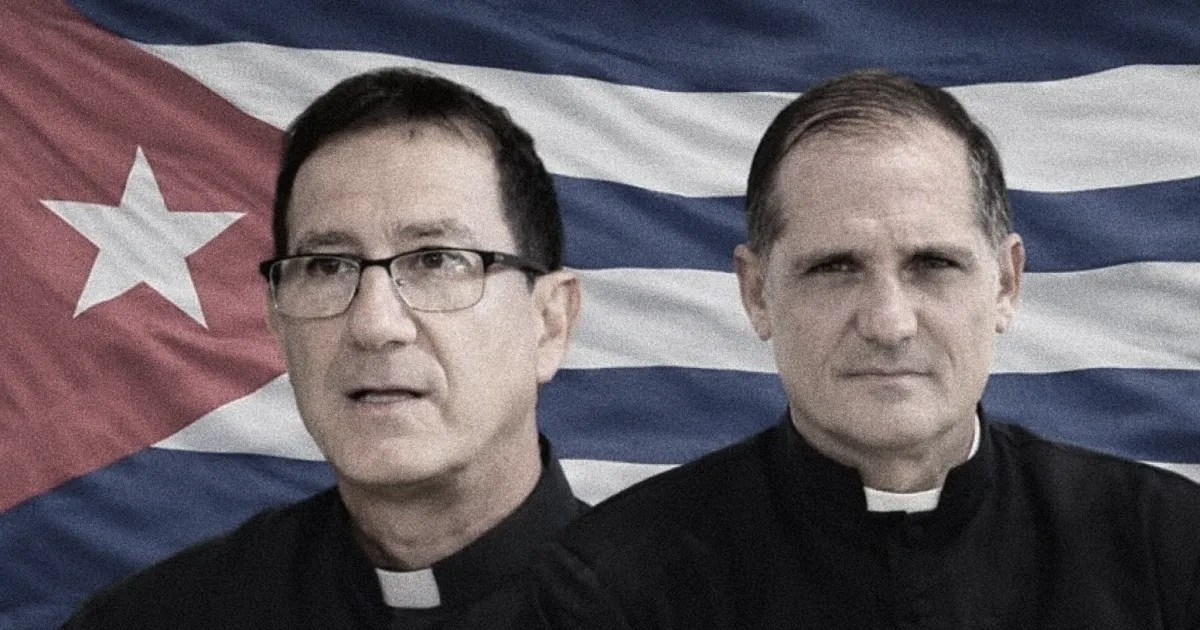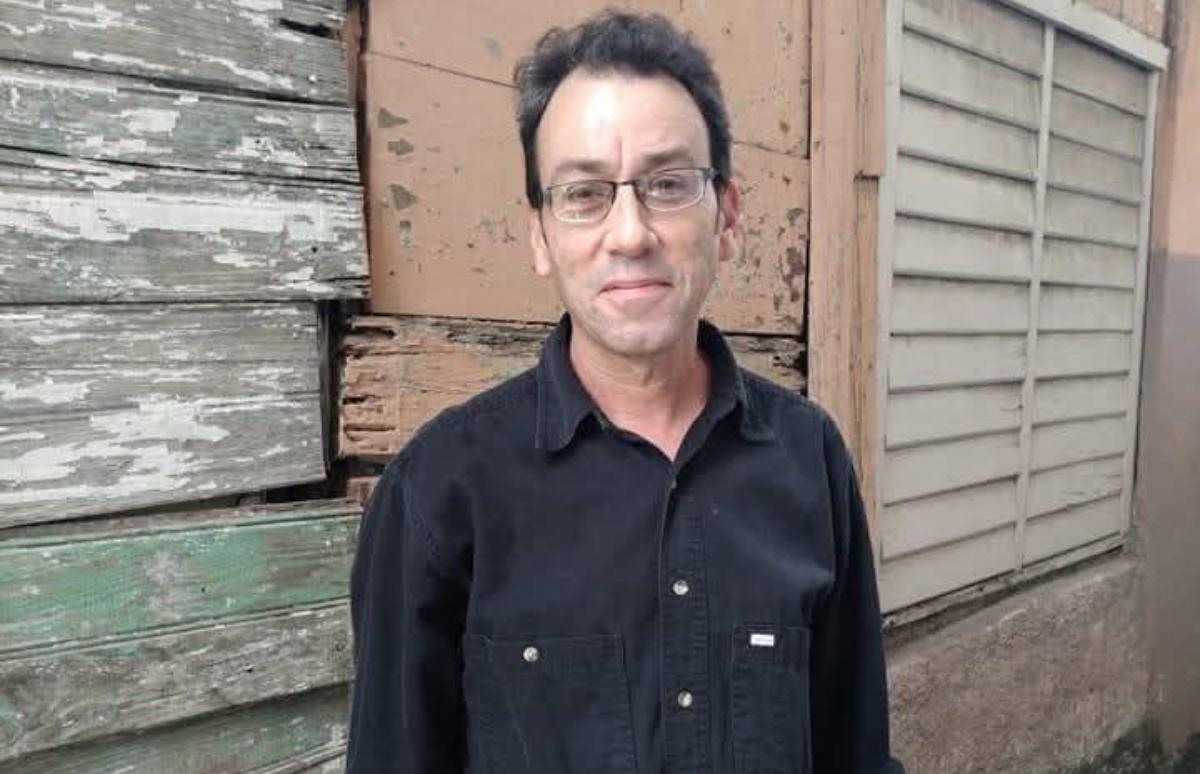H.E. Michelle Bachelet
United Nations High Commissioner for Human Rights
Palais Wilson
52 Rue de Pâquis
Geneva, Switzerland
Re: Joint letter on the human rights situation in Cuba
Dear High Commissioner,
We, the undersigned organizations, are writing to urge you to report on the human rights situation in Cuba during your oral update in the upcoming 49th regular session of the United Nations Human Rights Council.
Cubans are living through one of the worst human rights situations in the country in many years. The Cuban government continues to repress and punish virtually all forms of dissent and public criticism while Cubans endure a dire economic crisis, which impacts their social and economic rights.
We welcomed your July 16 statement calling for the prompt release of all those who had been arbitrarily detained during the July 11 demonstrations.[1] Regrettably, repression in Cuba against demonstrators, activists, and journalists has only deepened since July. Hundreds remain in arbitrary detention or house arrest and several activists and independent journalists have been forced into exile.
On January 24, Cuban authorities confirmed that 790 people have been charged with various criminal offences in connection with the July 11 protests; most of them are in pre-trial detention.[2] This is in line with reports by the NGO Cubalex indicating that more than 700 people remain imprisoned in relation to the protest.[3] Those detained include dozens of ordinary people and well-known activists, including artists Luis Manuel Otero Alcántara and Maykel Castillo, and the leader of the non-official political opposition group, Unión Patriótica de Cuba, José Daniel Ferrer García.[4]
Many of the people detained during the July 11 demonstrations were held incommunicado for days or even weeks, subjected to unwarranted violence during arrests, and, in some cases, ill-treated during detention. Some were forced to squat naked, deprived of sleep, brutally beaten, and held in cells without natural light where they say they lost track of time. Others were threatened with reprisals against them or their families for protesting.[5] Others were released to house arrest or subjected to intense physical surveillance and detention if they tried to leave their homes, a previously documented practice in Cuba.[6]
During the demonstrations, several organizations also reported countrywide internet outages that day, followed by erratic connectivity, including restrictions on social media and messaging platforms.[7]
In the weeks after the demonstration, dozens of protesters were sentenced through the “summary” criminal procedures established under Cuban law for offenses carrying a sentence of up to one-year in prison.[8] Protesters were tried jointly, often without legal representation, in largely closed hearings, in which prosecutors frequently accused them of committing vaguely defined crimes, such as “public disorder,” based solely on witness statements by police officers.
More recently, since November, Cuban authorities have conducted so-called “ordinary” trials against protesters, sentencing dozens to up to 30 years in prison.[9] Many have been prosecuted for “sedition” and convicted and sentenced to harsh prison terms for allegedly participating in incidents, such as throwing rocks during the protests.
As Cuban authorities take drastic measures to punish people who participated in the demonstrations, they have also taken steps to dismantle the limited space of freedom that allowed these protests to take place. In August, the government made public Decree Law 35 and several accompanying norms, which severely restrict freedom of expression online.[10] In late January, the government disclosed a draft criminal code that includes a provision that would punish with up to 10 years in prison whoever provides, receives, or has funds “with the purpose of paying for activities against the State and its constitutional order.” Such a broadly defined norm could easily be used to target independent activists and journalists.[11]
Madame High Commissioner, your public condemnation remains critically important to protect the rights of Cubans and to increase international attention to the unacceptable repression in the country. We urge your office to engage more vocally on the situation in Cuba and remain at your disposal to discuss country conditions.
Sincerely,
Amnesty International
ARTICLE 19 Office for Mexico and Central Americ
Committee to Protect Journalists
Cubalex
Human Rights Watch
International Institute on Race, Equality and Human Rights
Observatorio Cubano de Derechos Humanos
Prisoners Defenders
[1] “Cuba: Bachelet urges dialogue, calls for release of detained protesters”, Office of the High Commissioner for Human Rights (OHCHR) press release, July 16, 2021, https://www.ohchr.org/EN/NewsEvents/Pages/DisplayNews.aspx?NewsID=27316&LangID=E (accessed February 8, 2022)
[2] “Información sobre los procesos penales derivados de los disturbios del 11 de julio de 2021”, Granma, January 24, 2022, https://www.granma.cu/pensar-en-qr/2022-01-24/informacion-sobre-los-procesos-penales-derivados-de-los-disturbios-del-11-de-julio-de-2021-24-01-2022-23-01-35 (accessed February 8, 2022)
[3] Tweet by Cubalex, January 18, 2022, https://twitter.com/CubalexDDHH/status/1483617953954373633 (accessed February 8, 2022)
[4] “Cuba: Amnesty International names prisoners of conscience amidst crackdown on protesters”, Amnesty International news release, August 19, 2021, https://www.amnesty.org/en/latest/news/2021/08/cuba-amnesty-international-names-prisoners-of-conscience/ (accessed February 8, 2022); “Cuba: Peaceful Protesters Systematically Detained, Abused”, Human Rights Watch news release, October 19, 2021, https://www.hrw.org/news/2021/10/19/cuba-peaceful-protesters-systematically-detained-abused (accessed February 8, 2022)
[5] “Cuba: Peaceful Protesters Systematically Detained, Abused”, Human Rights Watch news release, October 19, 2021, https://www.hrw.org/news/2021/10/19/cuba-peaceful-protesters-systematically-detained-abused (accessed February 8, 2022)
[6] “Cuba: San Isidro movement and allies under frightening levels of surveillance”, Amnesty International news release, December 15, 2020, https://www.amnesty.org/en/latest/news/2020/12/cuba-san-isidro-movement-allies-under-frightening-levels-surveillance/ (accessed February 8, 2022); “Cuba: Amnesty International names prisoners of conscience amidst crackdown on protesters”, Amnesty International news release, August 19, 2021, https://www.amnesty.org/en/latest/news/2021/08/cuba-amnesty-international-names-prisoners-of-conscience/ (accessed February 8, 2022)
[7] “Cuba: Amnesty International names prisoners of conscience amidst crackdown on protesters”, Amnesty International news release, August 19, 2021, https://www.amnesty.org/en/latest/news/2021/08/cuba-amnesty-international-names-prisoners-of-conscience/ (accessed February 8, 2022); Netblocks, “Social media restricted in Cuba amid widening anti-government protests”, July 12, 2021, https://netblocks.org/reports/social-media-restricted-in-cuba-amid-widening-anti-government-protests-QAdrmwyl (accessed February 8, 2022); Tweet by Access Now, July 11, 2021, https://twitter.com/accessnow/status/1414384042737344514?ref_src=twsrc%5Etfw%7Ctwcamp%5Etweetembed%7Ctwterm%5E1414384042737344514%7Ctwgr%5E%7Ctwcon%5Es1_&ref_url=https%3A%2F%2Fwww.yucabyte.org%2F2021%2F07%2F12%2F11j-internet-cuba%2F (accessed February 8, 2021)
[8] “Cuba: Peaceful Protesters Systematically Detained, Abused”, Human Rights Watch news release, October 19, 2021, https://www.hrw.org/news/2021/10/19/cuba-peaceful-protesters-systematically-detained-abused (accessed February 8, 2022); Prisoners Defenders, “Atestado Directo: así están siendo juzgados los manifestantes pacíficos en Cuba”, July 17, 2021, https://www.prisonersdefenders.org/2021/07/17/asi-son-juzgados-los-manifestantes-pacificos-en-cuba-el-proceso-por-atestado-directo/ (accessed February 8, 2022)
[9] Anatoly Kurmanaev and Oscar Lopez, “Mass Trials in Cuba Deepen Its Harshest Crackdown in Decades”, The New York Times, January 14, 2022, https://www.nytimes.com/2022/01/14/world/americas/cuba-mass-trials-crackdown.html (accessed February 8, 2022)
[10] “Cuba: Telecommunications Decree Curtails Free Speech”, Human Rights Watch press release, August 25, 2021, https://www.hrw.org/news/2021/08/25/cuba-telecommunications-decree-curtails-free-speech (accessed February 8, 2022); Letter from the Special Rapporteur for the promotion and protection to the rights of freedom of opinion and expression, the Special Rapporteur on the rights to freedom of peaceful assembly and of association, and the Special Rapporteur on the situation of human rights defenders, OL CUB 6/2021, October 20, 2021, https://spcommreports.ohchr.org/TMResultsBase/DownLoadPublicCommunicationFile?gId=26674
[11] https://www.tsp.gob.cu/sites/default/files/documentos/ACP%20EN%20WEB.%2019.01.2022.pdf

